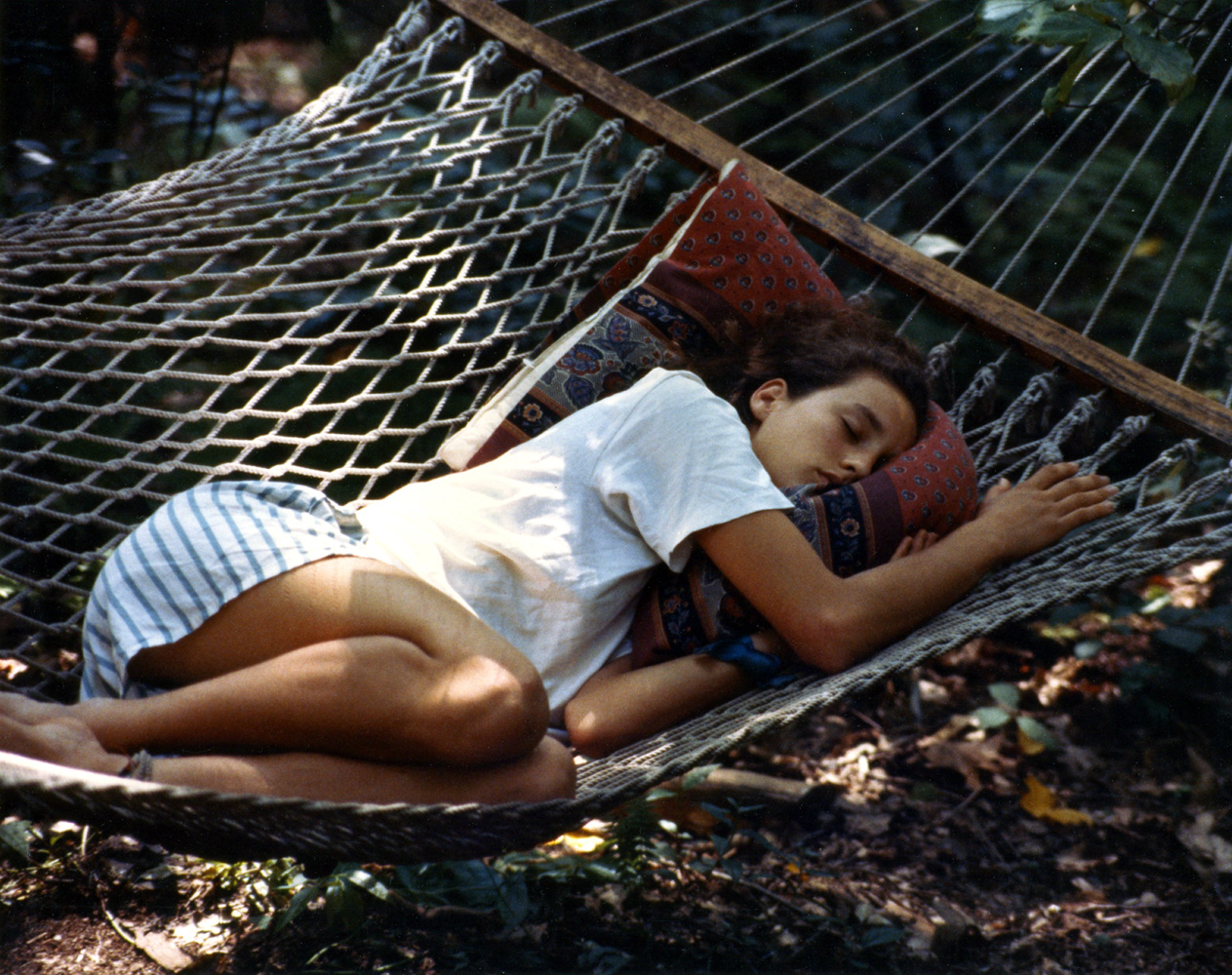Do you work an 8-to-5 schedule or do you have the night shift? Hopefully it’s the former because in this week’s edition, yet another study links working night shifts and breast cancer risk. We’ll also learn that if you’re afraid of giving birth, well, you’re more likely to be in labor longer and why light at night is harmful for our health. Have a look!
Hi, I’m Bailey Mosier. This is your EmpowHER HER Week in Health.
Do you work an 8-to-5 schedule or do you have the night shift? Hopefully it’s the former because in this week’s edition, yet another study links working night shifts and breast cancer risk. We’ll also learn that if you’re afraid of giving birth, well, you’re more likely to be in labor longer and why light at night is harmful for our health. Have a look.
Researchers from the Centre for research in Epidemiology and Population Health examined occupations of 1,200 women who developed breast cancer over a three-year period, and compared them with those of 1,300 other women. They found that women who work the night shift have a 30 percent higher risk of breast cancer.
Researchers say a possible reason for this is the disruption of the body clock. The risk was especially clear among women who did shift work for four years, as well as in those who worked the night shift as few as three or less nights a week, since that meant their daily rhythms were disturbed more often.
So when you go for that next job interview, you may want to lobby for a more regimented schedule.
No doubt giving birth can be daunting. But it turns out, if that’s the attitude you have going into it – fear, anxiety, stress – you’re more likely to be in labor longer.
A study published in BJOG: An International Journal of Obstetrics and Gynaecology, found that women who are afraid of child birth spend about an hour and a half longer in labor than their more zen peers – 8 hours compared to 6 hours and 28 minutes.
The authors say young age, pre-existing psychological problems, lack of social support and a history of abuse as factors that contribute to fear of labor. It’s also possible that anxiety and fear increase levels of stress hormones, which are associated with weaker contractions.
The American Medical Association recently found that exposure to excessive light at night can disrupt sleep, can lead to unsafe driving conditions and may even increase the risk of cancer.
Exposure to light at night disrupts production of melatonin, which is made during sleep and it's believed that melatonin may be a cancer suppressor, and that exposure to light may accelerate cancer development. Teens and children are increasingly using electronic media at nighttime, and these electronic screens emit a lot of blue light, which is known to suppress melatonin production more than other types of light.
There needs to be further research into the health effects of light at night, as well as the development of new lighting technologies that reduce these harmful effects of nighttime light.
That wraps up your EmpowHER HER Week in Health. Join me here at EmpowHER.com every Friday as we recap the latest in women’s health.



































Add a CommentComments
There are no comments yet. Be the first one and get the conversation started!